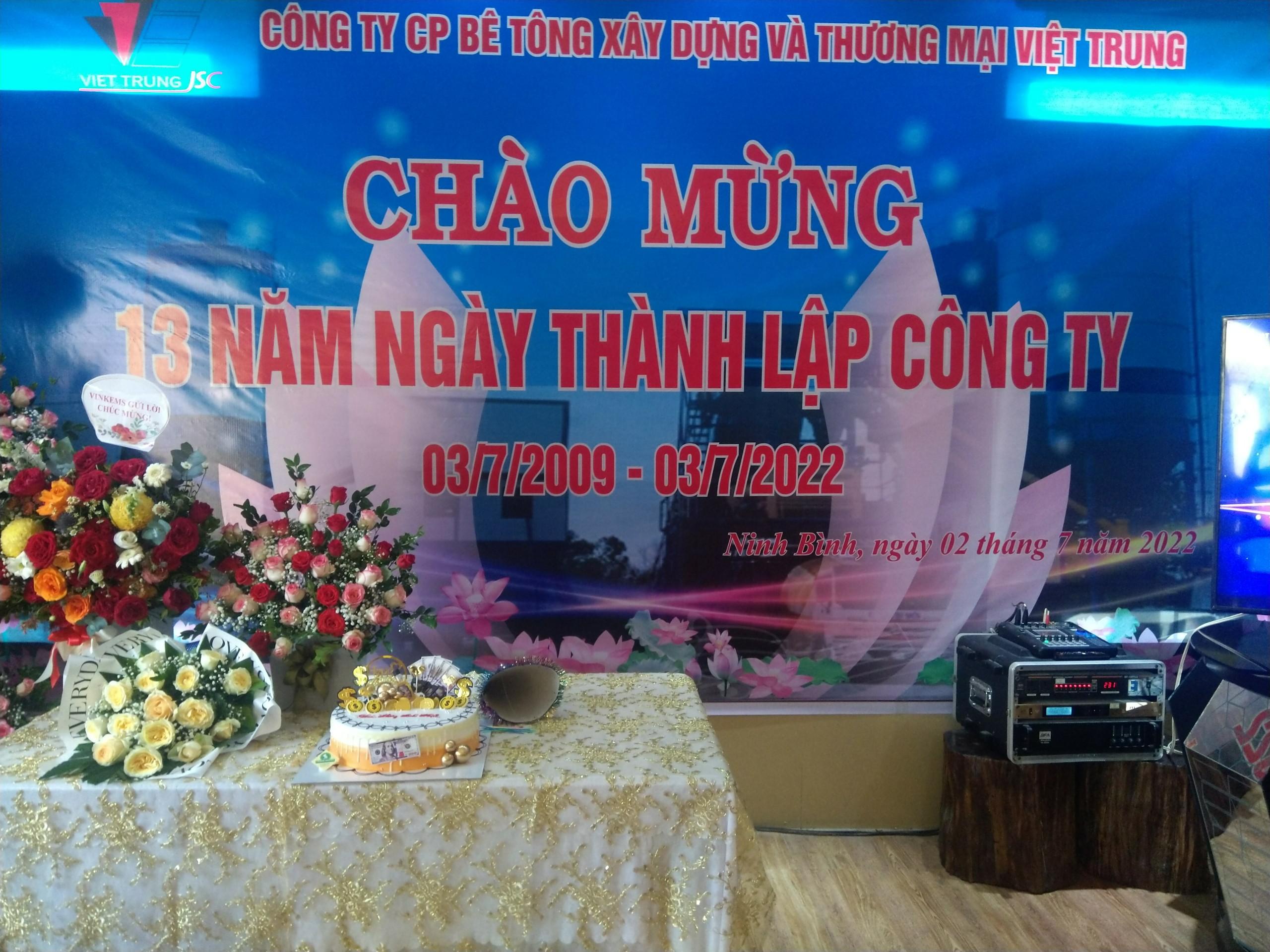From Parliament to Ports The latest ghana news today shaping the nations future and beyond.
- From Parliament to Ports: The latest ghana news today shaping the nations future and beyond.
- Political Developments and Governance
- Economic Trends and Business Opportunities
- Social Issues and Community Development
- Technological Advancement and Digital Inclusion
- Environmental Concerns and Sustainable Development
From Parliament to Ports: The latest ghana news today shaping the nations future and beyond.
The flow of information is critical in a modernizing nation, and ghana news today provides a vital link between the government, businesses, and the citizenry. Understanding the current affairs, economic shifts, and social changes happening within Ghana is paramount for informed decision-making and active participation in the country’s development. This article aims to provide a comprehensive overview of the key events and developments shaping Ghana’s trajectory.
Ghana is experiencing a period of dynamic change, evidenced by shifts in its political landscape, burgeoning economic opportunities, and evolving social structures. Staying informed about these changes requires a consistent engagement with current events, a task that is becoming increasingly accessible through various media outlets and online platforms.
Political Developments and Governance
The political scene in Ghana is currently marked by ongoing debates surrounding proposed electoral reforms, aimed at enhancing transparency and inclusivity. Discussions focus on amendments to regulations concerning campaign finance and voter registration, with the goal of strengthening the integrity of democratic processes. Furthermore, the Parliament of Ghana is actively considering legislation to address concerns related to corruption and accountability within governmental institutions. This includes measures to empower independent oversight bodies and streamline investigative procedures.
Recent parliamentary sessions have been characterized by lively debate on issues ranging from infrastructure projects to educational reforms. The debates highlight the commitment of Members of Parliament to representing the interests of their constituents and contributing to national policy-making. The government’s efforts to promote good governance are continually under scrutiny from civil society organizations and the media, fostering a vital public discourse that holds officials accountable.
The role of traditional leaders in Ghanaian governance continues to evolve. Many chiefs are actively engaging in community development initiatives and advocating for the preservation of cultural heritage. This collaboration between traditional authorities and modern governmental structures is seen as a key component of Ghana’s unique political identity. Below is a summary of key political figures and their roles:
| President | Nana Addo Dankwa Akufo-Addo | New Patriotic Party (NPP) |
| Vice President | Mahamudu Bawumia | New Patriotic Party (NPP) |
| Speaker of Parliament | Alban Bagbin | National Democratic Congress (NDC) |
| Chief of Staff | Frema Opare | New Patriotic Party (NPP) |
Economic Trends and Business Opportunities
Ghana’s economy is currently experiencing a period of growth driven by various sectors, including agriculture, mining, and increasingly, technology. The cocoa industry remains a significant contributor to export revenue, however, diversification efforts are underway to lessen reliance on single commodities. Significant investment is flowing into the renewable energy sector, with several solar and wind energy projects gaining momentum. The government’s focus on infrastructural development, including road construction and port expansion, is expected to further boost economic activity.
The banking sector in Ghana is undergoing a period of reform to enhance stability and resilience. The central bank has implemented measures to strengthen regulatory oversight and address non-performing loans. Fintech companies are emerging as key players in the financial landscape, providing innovative solutions for financial inclusion and access to capital. These advancements are fostering a more competitive and dynamic business environment.
Ghana offers considerable opportunities for foreign investment, particularly in areas such as manufacturing, tourism, and infrastructure. A stable political climate, coupled with a growing middle class and a youthful population, makes Ghana an attractive destination for entrepreneurs. Some key sectors demonstrating significant growth are outlined below:
- Agriculture: Increasing demand for processed foods and value-added agricultural products.
- Tourism: Growing interest in ecotourism and cultural tourism.
- Mining: Rich deposits of gold, bauxite, and other mineral resources.
- Technology: Rise of tech startups and increased access to digital infrastructure.
Social Issues and Community Development
Several social challenges continue to affect Ghana, including access to quality education, healthcare, and clean water. The government, in collaboration with non-governmental organizations, strive to address these issues through various initiatives. Efforts are underway to improve the quality of education at all levels, with a focus on STEM subjects and vocational training. The National Health Insurance Scheme aims to provide affordable healthcare access to all citizens, though challenges remain in ensuring its sustainability and effectiveness.
Community development programs are playing an increasingly vital role in addressing local needs and empowering marginalized groups. These programs focus on initiatives ranging from skills development and microfinance to sanitation and environmental conservation. Traditional systems of communal labor, known as ‘Nnoboa,’ are also being revitalized in certain areas, fostering a sense of collective responsibility and self-reliance.
The availability of accessible and quality healthcare remains a crucial area for improvement. Here’s a breakdown of key health indicators as of the latest reports:
- Life Expectancy: 64.1 years (2023 estimate)
- Infant Mortality Rate: 33.7 deaths per 1,000 live births (2023 estimate)
- Access to Sanitation: 59% of the population (2022)
- Healthcare Expenditure (as % of GDP): 5.5% (2022)
Technological Advancement and Digital Inclusion
Ghana is rapidly embracing digital technology, with increasing access to smartphones and internet connectivity. This digital transformation is impacting various sectors, from finance and healthcare to education and agriculture. The government is actively promoting digital literacy and investing in infrastructure to bridge the digital divide. Mobile money transactions have become increasingly popular, particularly in rural areas, providing a convenient and secure way to manage finances.
The rise of local tech startups is driving innovation and creating new employment opportunities. These startups are developing solutions tailored to the specific needs of the Ghanaian market, ranging from mobile applications for farmers to digital platforms for accessing healthcare services. The government is also implementing policies to create an enabling environment for tech entrepreneurship and attract foreign investment in the tech sector.
A significant drive towards digital literacy is essential to take full advantage of the New Economy realities, the table below reveals the training scheduled for the next six months:
| Basic Digital Skills | Unemployed Youth | Accra | November 1, 2024 |
| Digital Marketing | Small Business Owners | Kumasi | November 15, 2024 |
| Coding for Beginners | Students | Takoradi | December 1, 2024 |
| Cybersecurity Awareness | Government Employees | Accra | December 15, 2024 |
Environmental Concerns and Sustainable Development
Ghana faces several environmental challenges, including deforestation, pollution, and climate change. Deforestation, driven by illegal logging and agricultural expansion, threatens biodiversity and contributes to greenhouse gas emissions. Plastic pollution is also a major concern, particularly in urban areas and along the coastline. The government is implementing measures to promote sustainable forestry practices, reduce plastic waste, and mitigate the impacts of climate change. By investing in renewable resources, and encouraging sustainable farming techniques Ghana aims to become a leader in Green initiatives.
There’s a growing awareness of the importance of environmental conservation among the public, leading to increased participation in community-based conservation efforts. Initiatives, such as tree-planting campaigns and waste management programs, are gaining momentum across the country. The government is also working with international partners to access funding and expertise for climate adaptation and mitigation projects. Furthermore, sustainable tourism initiatives are being developed to promote responsible travel and protect Ghana’s natural heritage.
Ghana’s sustainability initiatives are having a positive and necessary impact on the environment. Some crucial environmental targets:
- Reduce greenhouse gas emissions by 45% by 2030.
- Increase forest cover by 20% by 2028.
- Achieve 100% access to clean water by 2025.
- Reduce plastic waste by 50% by 2030.
ghana news today

